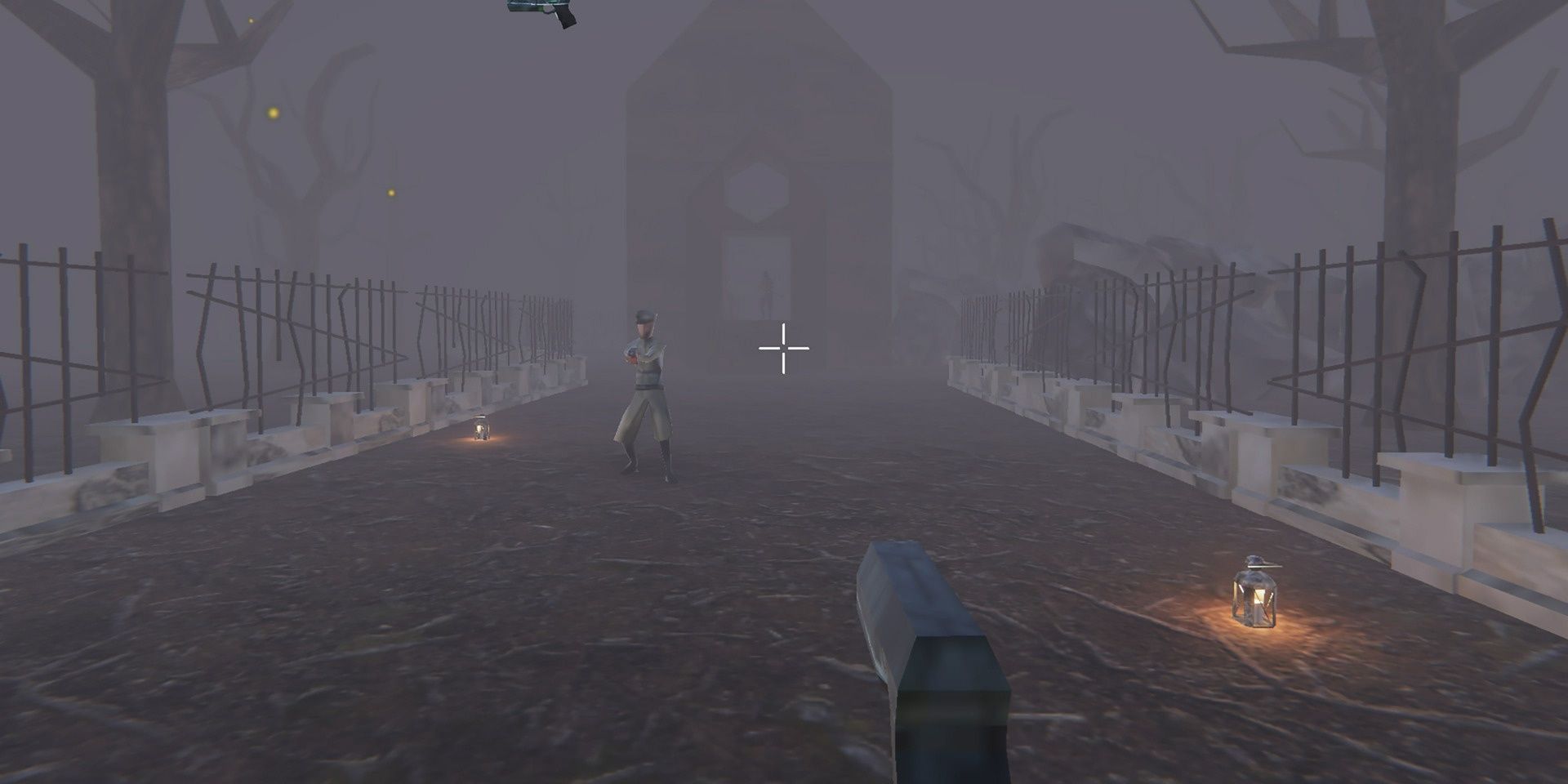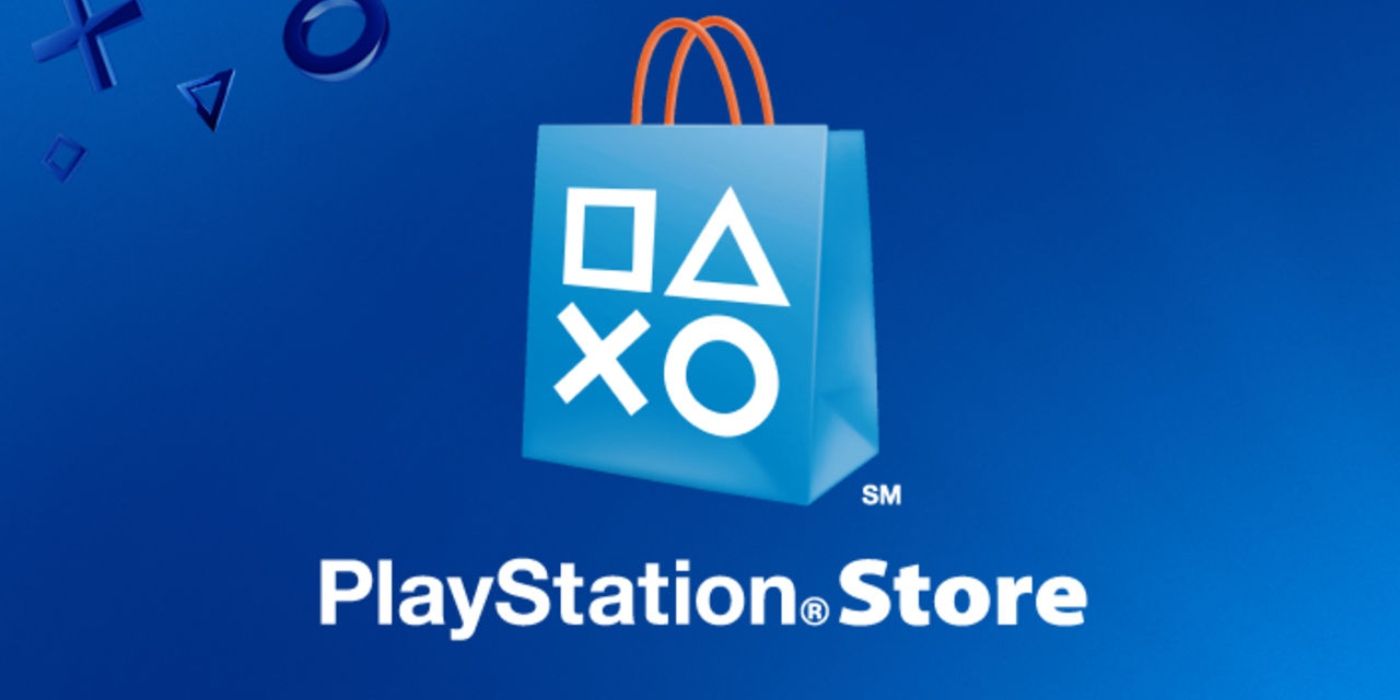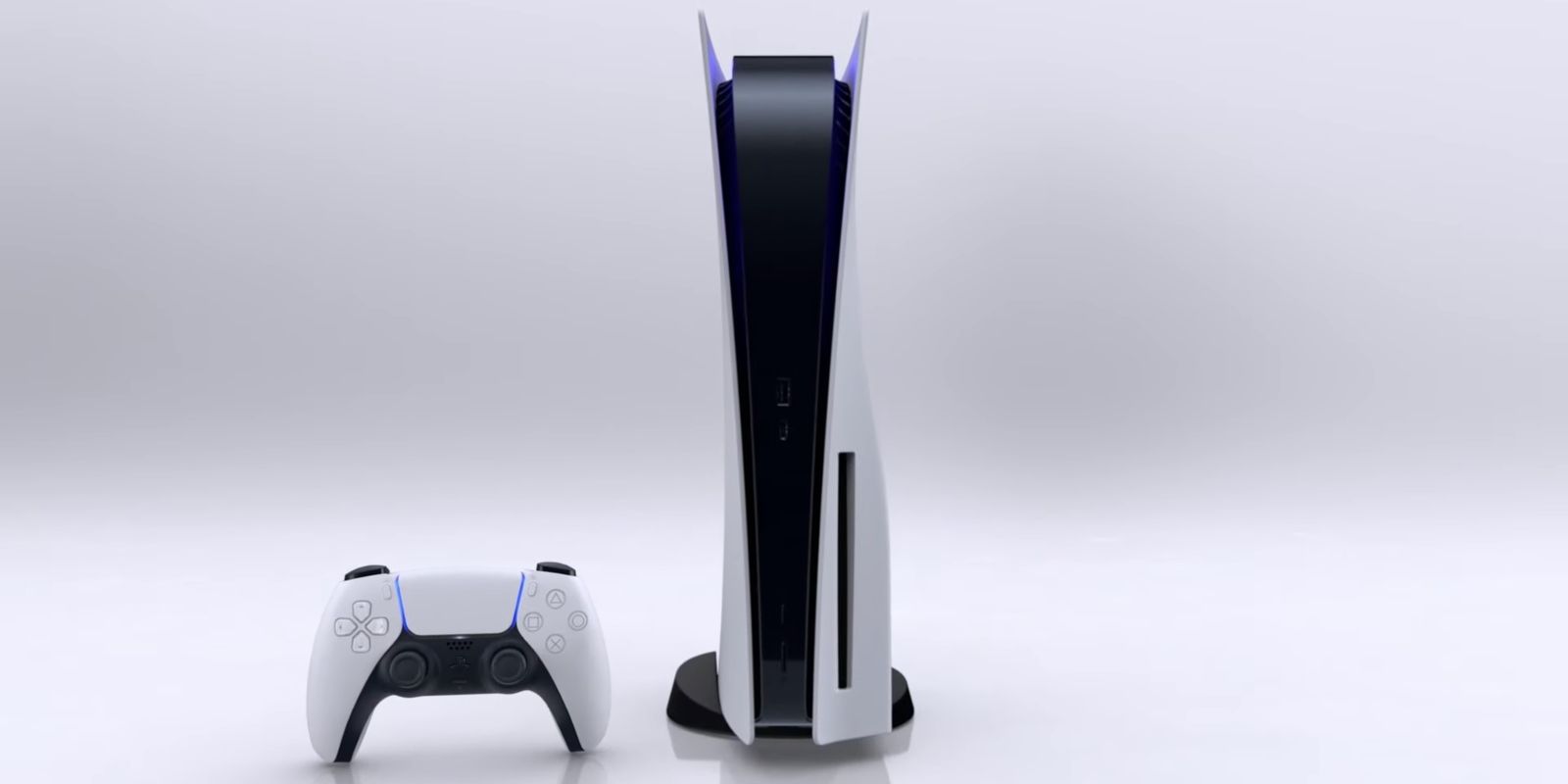Stay informed with the latest trends in health, business, tech, travel, lifestyle, and more. Explore expert tips, creative ideas, and global insights—all in one place
The PlayStation 5 is the latest and most advanced console in Sony’s storied PlayStation lineup. The brand has a history of dominating its competition, since the PS1 outperformed the Sega Saturn, the PS2 surpassed the Xbox, and the PS4 easily outsold the Wii U. The PS5 has continued that legacy, maintaining a strong lead over the Xbox Series X/S, with only the previous generation’s Nintendo Switch providing any real competition, and its success has been crucial in keeping Sony at the forefront of the gaming industry.
That said, the PlayStation brand has faced its share of challenges. After the wildly successful PS1 and PS2, Sony stumbled with the PlayStation 3, nearly mirroring the fate of the Xbox One by positioning the console as more than just a gaming device. However, Sony regained its momentum with the PS4 and, even more so, with the PS5. While the console has largely been successful, it’s had some controversies, including issues with shovelware. Thankfully, Sony took action against one of the most notorious shovelware publisher, RandomSpin, which may have bought the PlayStation brand some time.
The Issue With Shovelware On PlayStation and Other Platforms
Why Do Companies Like RandomSpin Exist?
Shovelware refers to video games that exist solely to make a quick profit off unsuspecting customers. It has been a part of gaming since the industry’s early days, with most consoles having at least a few shovelware titles. The Atari 2600, in particular, became so oversaturated with low-quality games that E.T. the Extra-Terrestrial, one of the most infamous examples, contributed to the 1983 video game crash and forced the industry to reset.
Even after the crash, shovelware remained an issue. The Nintendo Entertainment System, despite its success, suffered from poor third-party games that damaged its reputation. The reality is that shovelware has always been a part of gaming and will likely continue to exist well into the future, whether players like it or not.
|
Console |
Library |
|
Atari 2600 (1977) |
523 |
|
Nintendo Entertainment System (1985) |
1376 |
|
Sony PlayStation 2 (2000) |
4348 |
|
Nintendo Wii (2006) |
1612 |
The amount of shovelware a video game console receives largely depends on its popularity. Less successful consoles, like the Sega Dreamcast and Nintendo 64, tend to have fewer third-party titles and, therefore, less shovelware. On the other hand, more successful video game consoles, including the Atari 2600 and NES, attracted a flood of third-party games, which ultimately led to a greater amount of low-quality releases.
Other than the Atari 2600 and NES, two other consoles stand out for their abundance of shovelware: the PlayStation 2 and the Wii. The PS2 was a massive success with strong third-party support, but that also meant it had its fair share of duds. The Wii, with its broad appeal to casual audiences, was especially vulnerable to shovelware, making it difficult to decipher good third-party Wii games from the bad.
The History of RandomSpin
How RandomSpin Became One of the Worst Shovelware Publishers
Shovelware is not as prevalent as it was twenty years ago, thanks to greater consumer awareness and stricter quality controls from game developers. However, that doesn’t mean it has disappeared. Digital distribution has made it easier for developers to flood online stores with low-effort games.
One example is RandomSpin, a developer currently being targeted by Sony for spamming the PlayStation Store with such titles. According to MobyGames, RandomSpin, formally known as RandomSpin-Games S.R.L., is a Moldova-based company founded in January 2017. Their first game, Unalive, was released that same month for Windows. Their most recent title, Bananamana, launched on July 4, 2024, for Windows. The game is a simple Cookie Clicker-style experience where the only mechanic is clicking a digital banana repeatedly.
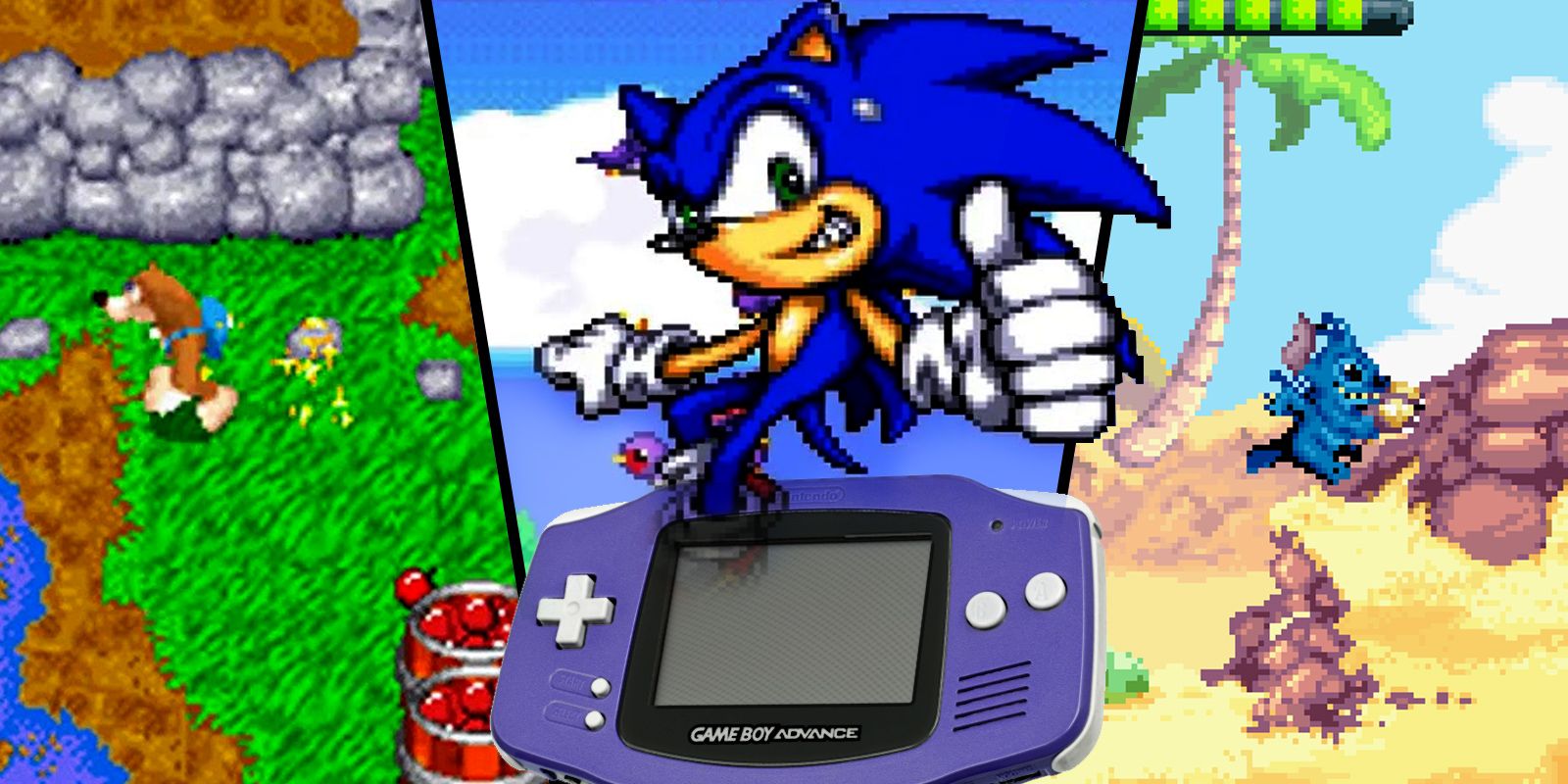
Related
The 10 Best Third-Party GBA Games, Ranked
From GTA Advance to Doom, there were some great third-party titles in the Game Boy Advance’s library.
RandomSpin games, like other pieces of shovelware, are uninspired and exist only to clog up digital storefronts. However, being a product of the 2020s, RandomSpin has taken deception to a new level. Their primary tactic is the use of AI-generated imagery, a method that has become a powerful tool for misleading consumers across various industries.
The old sayings “too good to be true” and “never judge a book by its cover” perfectly describe RandomSpin’s so-called video games. Their storefronts feature vibrant, energetic AI-generated images that mask the dull and lifeless experiences within. There are countless examples, but their lineup of supermarket games may be the worst offenders. RandomSpin titles like Clothing Supermarket Store Simulator showcase blatantly false AI imagery, while the gameplay itself is as generic and uninspired as shovelware gets.
Sony on the Offense When It Comes to Shovelware
Sony’s War Against RandomSpin
Over the past few decades game companies have become more aware of the scourge shovelware has been on the industry and have implemented informal policies to combat it. Following the 1983 video game crash, companies like Nintendo introduced strict quality control measures to limit the presence of shovelware, including unlicensed games.
Even digital storefronts, which are generally more lenient than traditional distribution channels, have policies to filter out subpar titles. For instance, many digital storefronts have policies to curb games with overtly sexual themes or otherwise those with misleading advertising. While these measures can be tough to enforce, they help ensure that only the most polished and legitimate games make it onto physical and digital storefronts, and ensure that consumers won’t be deceived by the average supermarket game.
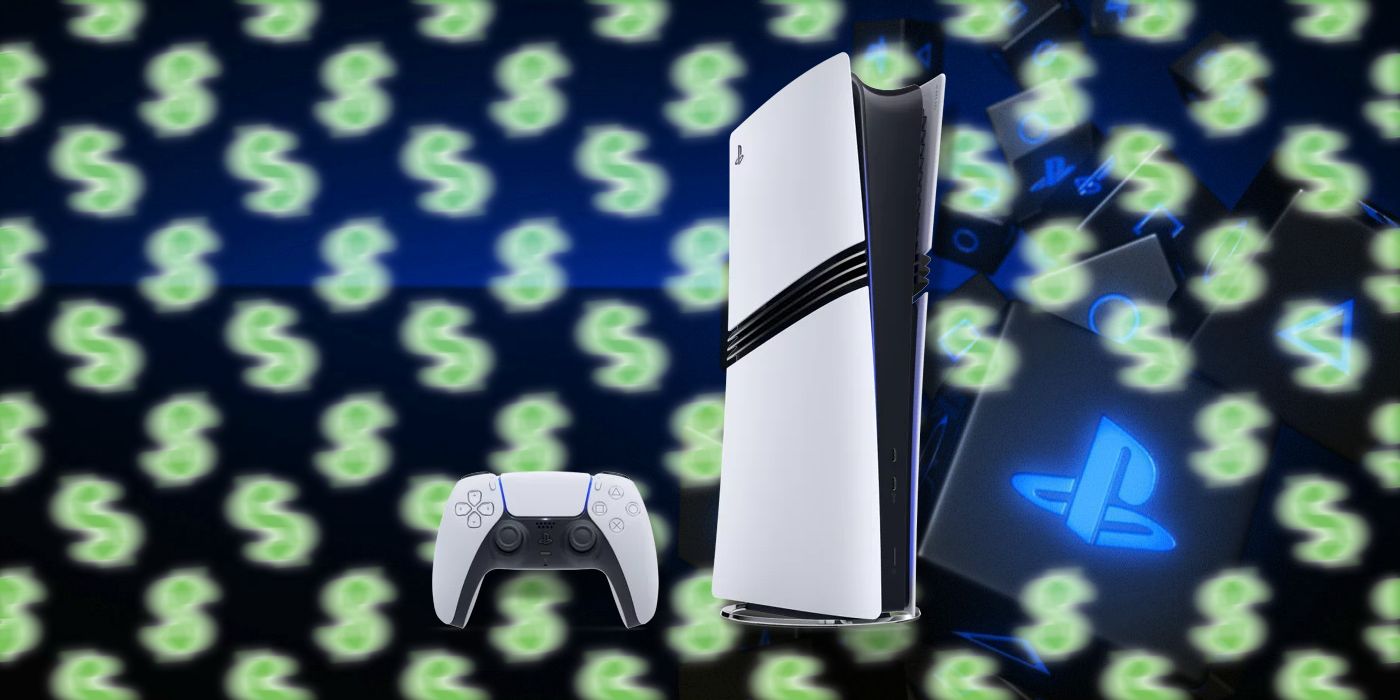
Related
The PS5 Pro, Sony’s Most Expensive Console to Date, is Already Experiencing Issues
Fans were already wary of having to shell out $700 for a PS5 Pro, and now the console is having problems.
The PlayStation Store, and to an extent, PSN’s PlayStation Plus Premium service, are known for offering a wide selection of quality games across various genres. Games from companies like RandomSpin only serve to lower the prestige of the PlayStation brand and risk driving loyal fans away from the ecosystem. Fortunately, Sony has taken steps to ensure that shovelware pushers like RandomSpin are kept off their services.
Sony has already removed Supermarket Simulator Pro and many other RandomSpin titles from the PlayStation Store. Supermarket Simulator Proa prime example of the type of game Sony aims to purgebeing a cheap game on the inside and a superficial game on the outside. While some of RandomSpin’s titles are still available, any effort to clean up the storefront is a step in the right direction.
The War on Shovelware Goes On
RandomSpin Should Only Be the Start of Sony’s Shovelware Purge
Sony taking down some RandomSpin games is a good start, but it’s not enough. RandomSpin still has dozens of games on the PlayStation Store, with more slated for release. Sony needs to take stronger action against malicious developers like RandomSpin, especially those using artificial intelligence to deceive consumers.
To further combat this latest wave of shovelware, Sony and other companies with digital storefronts should crack down on any game that uses AI-generated content to mislead players, whether through false imagery or deceptive descriptions. Enforcing stricter policies on AI-generated assets would help clean up digital storefronts and would make it easier for players to browse without being bombarded with AI slop.
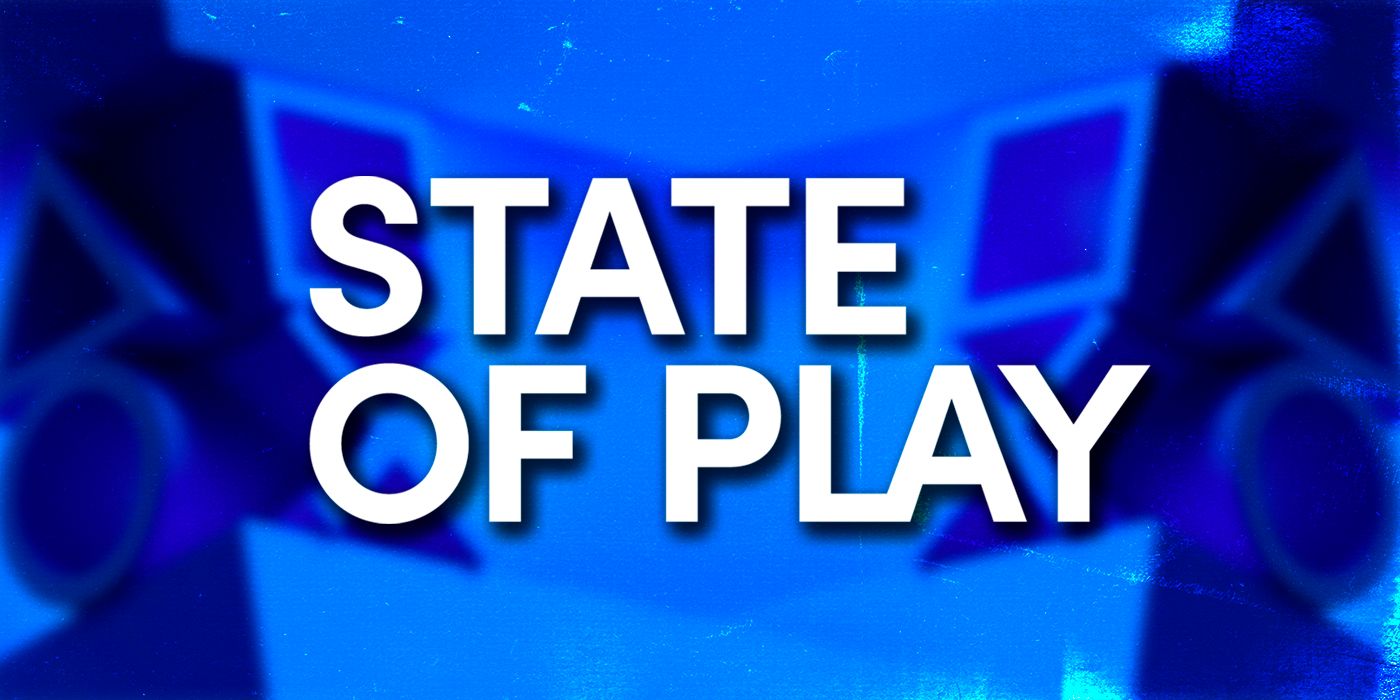
Related
State of Play Returning Sooner Than Expected, With Fans Already Speculating on New Games
PlayStation’s State of Play showcase will stream on Wednesday, bringing news and information about the most anticipated games from PS developers.
Sony’s efforts to combat shovelware are a positive sign for the future of both the PlayStation brand and the gaming industry as a whole. PlayStation has long been seen as a hallmark of quality in gaming and compares positively to competitors like Xbox and Nintendo. Historically, Xbox’s digital storefronts, including historical services like Xbox Live Arcade, have been notorious for low-quality third-party titles, and Nintendo has struggled with shovelware on multiple consoles.
Companies like RandomSpin cheapen the PlayStation brand and drag it down by flooding digital storefronts with low-effort shovelware. If Sony remains committed to removing shovelware and ultimately eliminating RandomSpin’s presence from its storefront, PlayStation has a strong chance of maintaining its prestige throughout the decade and beyond.
